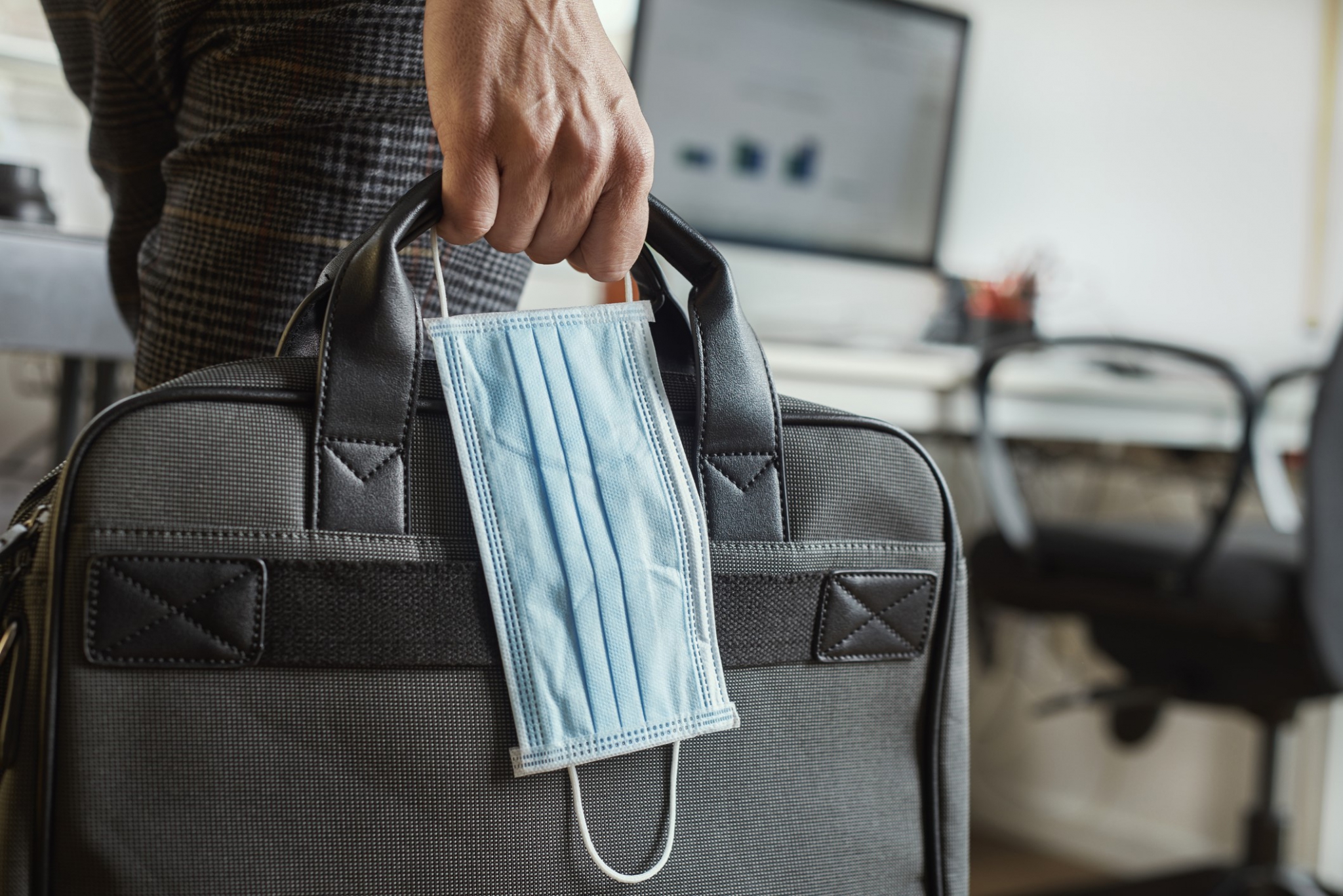There has been a lot of talk recently about adapting to the new normal; operating in a world where COVID-19 is present and working from home (and staying at home) is recommended. However, now that the government have presented us with a road map out of lockdown, we will soon be encouraged to return to our offices, so what does that mean for people who have spent the past 12 months adapting to working from home?
For industries such as hospitality, leisure and recreation, returning to front-line work is necessary; however, all of the latest research and evidence suggests that many organisations who do not require the physical presence of their employees will now look to accommodate flexible working. Whilst there are a few companies that are suggesting they will do away with office working completely, most are offering a mixture of home and office working and a smaller proportion are indicating that they require people to come back into work full-time (even if the work can be done from home).
With that in mind, attention is naturally turning to the impact of a return to the office/workplace for millions of people and the effect this will have on individuals and teams who have not physically worked together for over a year. Organisations are rightly focussing on making the return as safe as possible; however, how many are considering the impact of a return to the workplace after so long? After all, following a year of relative isolation we are not only asking individuals to return to the office, but to also return to working face-to-face with their colleagues. How then do we look at re-engaging teams post-lockdown and what should leaders be considering in advance of a return to the workplace:
A Welcome Return: Covid-19 has been a difficult time for almost everyone in one way or another and it’s important to recognise this. If you are opening your doors for the first time since the beginning of the pandemic, then think about ways you can welcome your staff back to the workplace. Have a morning catch-up or send out a communication to your staff reinforcing how important it is to you and your organisation to see everyone again. Have a coffee morning or a lunchtime get together to recognise the start of a new chapter.
The Physical Impact: A key thing to remember, as a manager/leader is that most of your employees will have worked in isolation and without the in-person presence of colleagues for a long time. They have also not had to commute to work, so returning to the office is potentially a step back into long commutes and making small talk throughout the day. Give people space and time to re-adjust, as while some may be chomping at the bit to catch up with friends and colleagues, others may feel apprehensive and need time to re-calibrate.
Mental Well-Being: There has been much talk during the pandemic of well-being and the impact of lockdown on our mental health. This is not something that will go away once people return to the workplace and indeed in some cases well-being may worsen. People may be nervous and anxious about going back to a place of work for a number of reasons, particularly if they have spent the last year shielding and staying indoors. Sign-posting support early on is vital and being vigilant to signs of stress or anxiety in your teams is equally as important. You may want to consider providing resilience and well-being support for leaders and employees as a way to help ease the transition and to show that support is available and that the topic is of importance to the business.
Re-Connecting: Getting back into the swing of being part of an office-based team/group will take time. Think of ways in which, as leaders, you can support this. Put in place some team-building exercises and make it positive and energising. Try to avoid talk of KPI’s and company performance but work instead to reinforce your values and ethos. Maintaining morale and engagement will be hugely important in the first few weeks.
As with all things, effectively transitioning to the workplace after such a long period will take time. Re-engaging teams, maintaining morale and supporting your people will be important throughout. If you would like to talk to us here at INTOO about this and about how we can support we are happy to help, get in touch with us today.
Jas Dhesi, Sales Director, INTOO UK and Ireland

